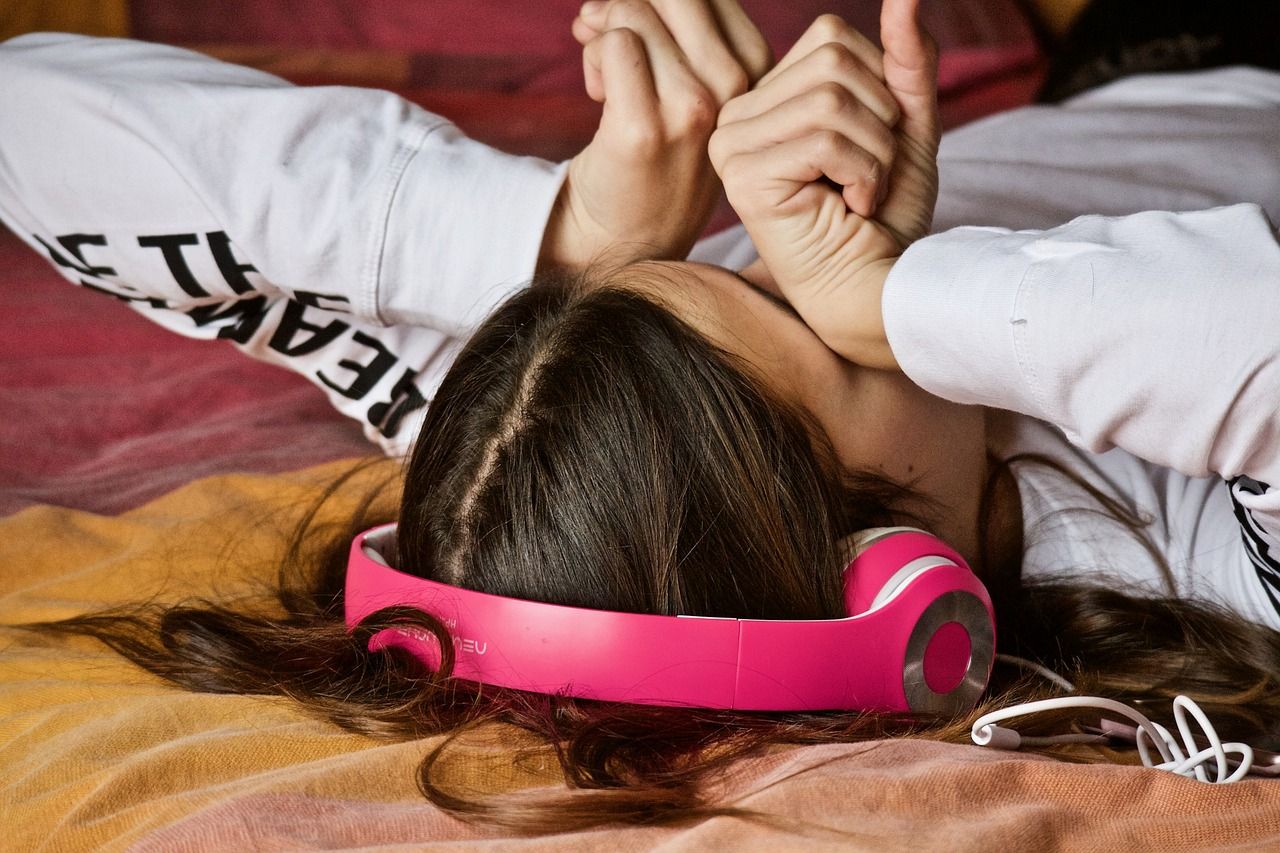These harmful effects of late bedtime on mental health
Published by Cédric,
Article author: Cédric DEPOND
Source: Psychiatry Research
Other Languages: FR, DE, ES, PT
Article author: Cédric DEPOND
Source: Psychiatry Research
Other Languages: FR, DE, ES, PT
Follow us on Google News (click on ☆)

Illustration image from Pixabay
Psychiatry Research published a study showing that going to bed late can increase the risk of stress, anxiety, and depressive symptoms. Researchers analyzed the sleep habits of 73,888 Britons, divided into three groups: early sleepers (9,065), late sleepers (6,844), and those in between (47,979). Even though these findings should be tempered due to the homogeneous composition of the sample and the simple questionnaire method of data collection, they nonetheless reveal a trend that will require further, more in-depth studies.
The results indicate that people who go to bed late are 20 to 40 percent more likely to develop mental health disorders. The body needs clear signals, like daylight, to regulate its biological rhythms. The lack of these cues can disrupt the brain and lead to behavioral problems, impulsivity, and inhibition. Thus, increased nocturnal activity may be linked to impulsive and inappropriate behaviors, thereby exacerbating the risks of mental disorders.
The study analyzed data from the UK Biobank, including 73,888 adults with an average age of 63.5 years. Participants were equipped with activity monitors to track their sleep for a week. Researchers found that those who went to bed late, regardless of their chronotype, exhibited higher rates of depression and anxiety.
Researchers were also surprised to discover that aligning with one's chronotype wasn't necessarily beneficial for mental health. They noted that people who stayed up late, regardless of their chronotype, were more likely to suffer from mental disorders. To ensure reliable results, they considered sleep duration and regularity, but these criteria were not sufficient to explain the observed differences.
Experts therefore recommend going to bed before 1 am to protect mental health, highlighting the harmful behaviors that often occur at night, such as alcohol and drug use or suicidal thoughts. According to the "mind after midnight" hypothesis, the neurological and physiological changes that occur late at night can promote impulsivity, negative mood, and impaired judgment.